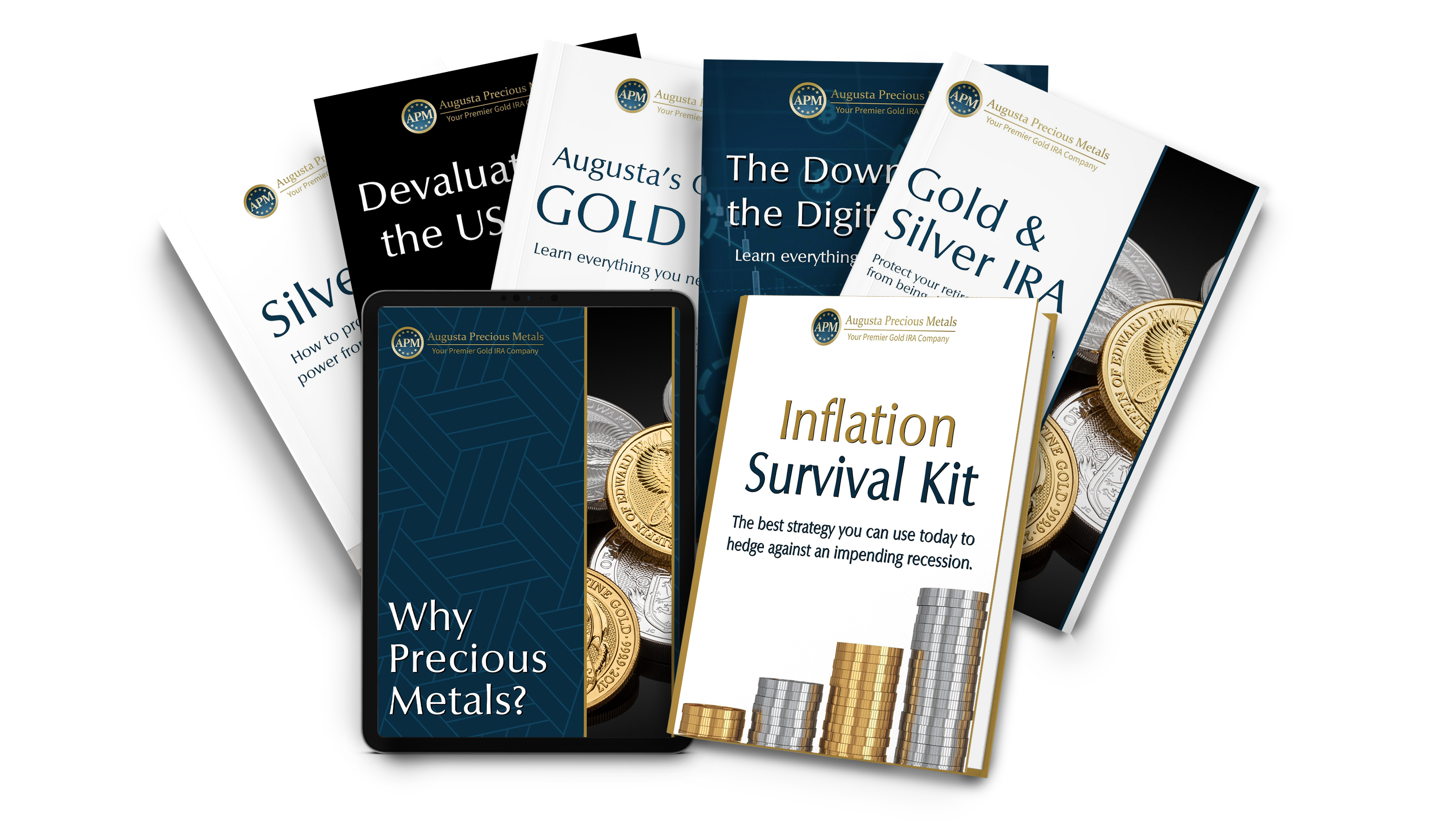Historically, central bankers haven’t been a chatty lot. There are numerous reasons for this, including the fact that they don’t want their words to have an outsized impact on financial markets.
A growing expectation of greater transparency is beginning to change their habits, however. We’re starting to hear more frequently from central bankers about why they’re making the decisions they are. This includes the reasons for their record levels of gold investing, which, as it turns out, could be relevant to individual investors and savers, as well.
Gold's Remarkable Performance
As of October 19, 2024, gold has demonstrated impressive resilience in the face of economic headwinds:
- Gold prices have surged approximately 30% year-to-date, reaching nearly $2,700 per ounce.
- Since January 2022, gold has climbed nearly 48%, despite aggressive interest rate hikes by the Federal Reserve.
Central Bankers Speak Out
At a recent London Bullion Market Association conference in Miami, Florida, central bankers from Mexico, Mongolia, and the Czech Republic openly discussed their plans to increase gold reserves:
- Joaquín Tapia, director of international reserves at the Bank of Mexico, cited "lower rates, political tension, U.S. election, and a lot of uncertainty" as reasons for potentially increasing gold's share in their portfolios.
- Enkhjin Atarbaatar from the Central Bank of Mongolia expressed concerns about reliable access to the U.S. dollar, suggesting a move towards de-dollarization.
- Marek Sestak of the Czech National Bank confirmed plans to increase their gold reserves to 100 metric tons, up from the current 44.8 metric tons.
Global Perspectives on Gold
Other central bankers have also been vocal about their gold strategies:
- Adam Glapinski, president of the National Bank of Poland, stated that "gold symbolizes the strength of the country" and aims to increase gold's share to 20% of their reserves.
- Aerdt Houben of the Netherlands Bank described gold as "solidified confidence for the central bank," emphasizing its role in maintaining public trust during potential financial crises.
Motivations for Increased Gold Holdings
Central bankers cited several reasons for boosting their gold reserves:
- Hedge against economic and geopolitical uncertainty
- Diversification of assets due to low correlation with other financial instruments
- Concerns about U.S. dollar stability and potential de-dollarization trends
- Preparation for potential systemic risks or the need to create new currencies
Implications for Retail Investors
The trend of central banks increasing their gold holdings may signal important considerations for individual investors:
- The same factors driving central bank gold demand could potentially affect retail investors.
- Gold's performance during periods of economic uncertainty may make it an attractive option for portfolio diversification.
As central banks continue to openly discuss their gold strategies, retail investors may gain valuable insights into global economic trends and potential hedging strategies against financial instability.
Source: Augusta Precious Metals
Featured Partners (Ad)
Content quality approved by JPost. JPost oversees the native, paid, and sponsored content on this website and guarantees quality, relevance, and value for the audience. However, articles attributed to this byline are provided by paying advertisers and the opinions expressed in the content do not necessarily express the opinions of JPost.The sponsor retains the responsibility of this content and has the copyright of the material. For all health concerns, it is best to seek the advice of your doctor or a legal practitioner.

